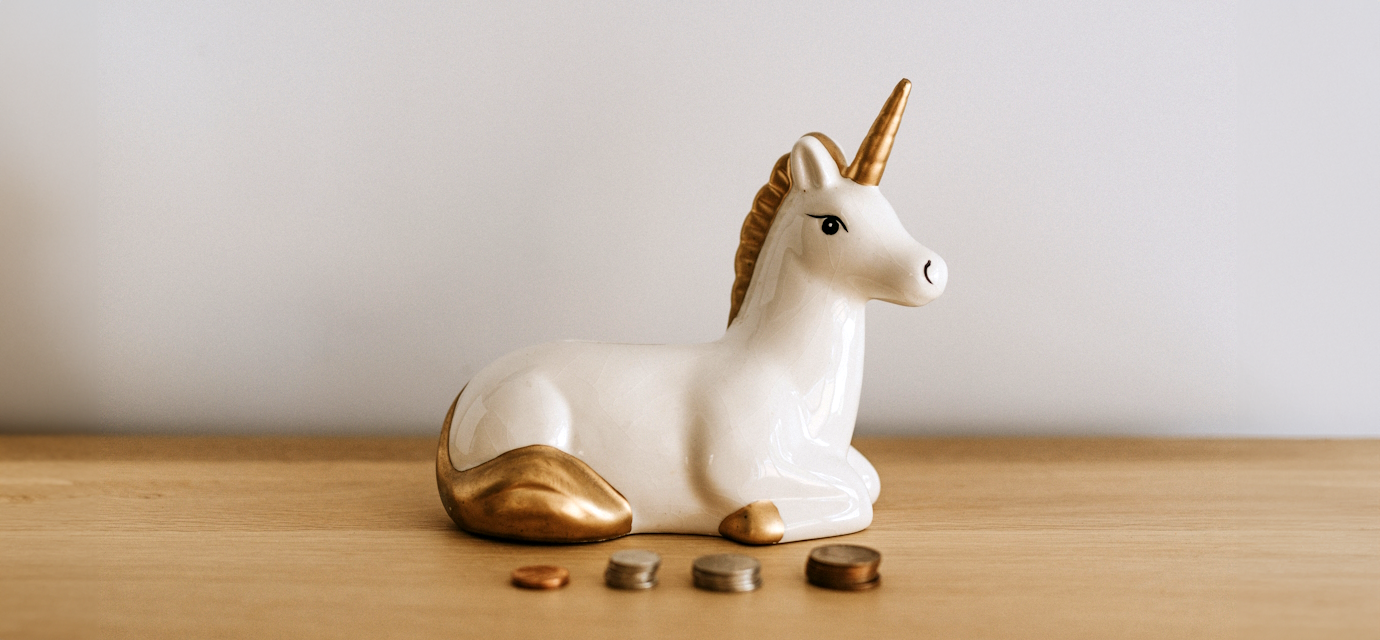Tax-free investments
There's no such thing as a free lunch, or so the saying goes. However, when it comes to growing your wealth there are a few tax-free investments worth your consideration. From the mainstream to the alternative we've got you covered.
Investors be warned, some tax-free investments are more tax-free than others. The most common offer investors tax-free dividends and/or tax free gains.. Others offer everything from the ability to defer paying capital gains tax to shielding the investment from inheritance tax.

What are the most common tax-free investments
Individual Savings Account (ISA)
An ISA is a scheme that offers individuals the ability to have tax-free savings, which can be held in cash, shares and unit trusts. The amount of money that individuals can invest into ISA accounts may vary depending on the current tax year.
These accounts are exempt from income tax and capital gains tax on the investment returns, and no tax is payable on money withdrawn from the scheme. Ultimately, ISAs allow individuals to create a portfolio that's sheltered from the taxman.
There are two key types of ISA
Cash ISAs
This is effectively an account that pays interest tax-free, as opposed to savings accounts on which you would pay tax such as fixed rate bonds, notice savings accounts and easy access versions. It can include savings in bank and building society accounts, in addition to some national savings and investments products.
Stocks and shares ISAs
These allow you to invest into a range of investments, such as government and corporate bonds, property and stocks and shares as part of your allowance. Because they are held in an ISA, any gains you make are tax efficient, helping you to save some tax depending on what investments you have and what levels of tax you pay.
Stocks and shares ISAs can include shares in companies, unit trusts and investment funds, corporate bonds and government bonds.
There are two other types of ISA, the innovative finance ISA and the lifetime ISA. The innovative finance ISA allows investor to put money into peer 2 peer lending products. The lifetime ISA is chiefly focused on saving for the purchase of a first home.
SIPP
A SIPP (or Self-invested personal pension) is a government-approved personal pension scheme allowing individual to select investments from a wide range of HMRC-approved options.
SIPPs offer individuals up to 45% tax relief on pension contributions and there is no limit on the number of different pension schemes to which an individual can belong. In addition, investments in a pension can grow free of UK capital gains tax and further UK income tax.

The alternative tax-free investments
The Enterprise Investment Scheme (EIS)
Income tax relief: investors can claim 30% income tax relief on the amount invested in eligible EIS companies, up to a maximum investment of £1,000,000 per tax year (This increases to £2,000,000 on knowledge-intensive companies).
Capital gains tax exemption: if an investor holds EIS shares for at least three years and sells them at a profit, any capital gains made are free from capital gains tax.
Capital gains tax deferral: investors can defer paying capital gains tax on a gain if by re-investing the gain in EIS-eligible companies.
Loss relief: if the investment results in a loss, it can be offset against the investor's income or capital gains to reduce their tax liability
The Seed Enterprise Investment Scheme (SEIS)
Income tax relief: investors can claim 50% income tax relief on the amount invested in eligible SEIS companies, up to a maximum investment of £200,000 per tax year.
Capital gains tax exemption: if an investor holds SEIS shares for at least three years and sells them at a profit, any capital gains made are free from capital gains tax.
Capital gains tax reinvestment relief: investors can delay any capital gains tax they may be liable for when selling shares, by reinvesting the gains into SEIS-eligible shares within the same tax year.
Loss relief: if the investment results in a loss, it can be offset against the investor's income or capital gains to reduce their tax liability.
Income tax relief: investors can claim 30% income tax relief on the amount invested into VCT on a maximum investment of £200,000 per tax year.
Tax-free dividends: There is no income tax paid on dividends received from a Venture Capital Trust investment.
Capital Gains Tax exemption: If an investor holds VCT shares for at least five years and sells them at a profit, any capital gains made are free from capital gains tax.
Loss relief: if the investment results in a loss, it can be offset against the investor's income or capital gains to reduce their tax liability.
How should I review and select a tax-free investment?
Consider your risk tolerance.
Tax-free investments can be risky, so it is important to choose an investment that is appropriate for your risk tolerance.
Think about your investment goals.
Are you saving for retirement? A down payment on a house? Your child's education? Once you know your investment goals, you can choose an investment that will help you reach them.
Consider your time horizon.
If you are investing for the long term, you can afford to take on more risk. If you are investing for the short term, you may want to choose a less risky investment.
Other things to keep in mind
Here are some other things to keep in mind when considering tax-free investments:
Fees: Some tax-free investments have fees associated with them. It is important to compare the fees of different investments before you choose one. Alternative investment vehicles tend to have much higher fees than mainstream ones.
Access: Some tax-free investments have restrictions on when and how you can withdraw your money. It is important to understand the access restrictions before you invest.
Minimum investment amounts: Alternative Investments tend to have higher minimum investments. SEIS funds, EIS funds, and VCTs have minimum investments in the thousands. ISAs and SIPPs can start with just £10.
Tax implications: Even though tax-free investments allow you to grow your wealth without having to pay taxes on your earnings, there may be some tax implications when you withdraw the money. For example, if you withdraw money from a pension early, you may have to pay a tax penalty.
Why the Access EIS Fund may be right for you
Access EIS offers investors EIS tax relief while building a highly diversified portfolio of startups that offers optimal growth potential. Where most funds build portfolios of 10-15 companies, Access builds portfolios of 50+ companies, investing alongside one of the UK's leading angel investors in each case. For more on the importance of large portfolios, see our white paper.
Unlike many funds, we provide our investors with access to a digital dashboard where at any time they can view their investments and the latest information on their performance. Our investors are also able to download all EIS documentation to make claiming tax relief quick and straightforward.
For a minimum investment of £5,000, our investors gain access to our network of angel co-investors and begin the process of building a portfolio optimised for growth.
To find out more about how the Access EIS Fund can work for you or your clients. Use the button below to schedule a call with our expert, Ben Charrington.
Get your free guide to EIS and capital gains tax

Manage your capital gains with EIS.
The Enterprise Investment Scheme offers investors significant tax reliefs which range from income tax relief to capital gains tax (CGT) deferral and disposal relief. If you want to get up to speed on EIS CGT deferral rules, the CGT deferral relief time limit and more, download our free guide to how the capital gains tax reliefs work, how to claim them and how to get started as an EIS investor.
Please note: our office hours are weekdays, 9.30am - 5.30pm.